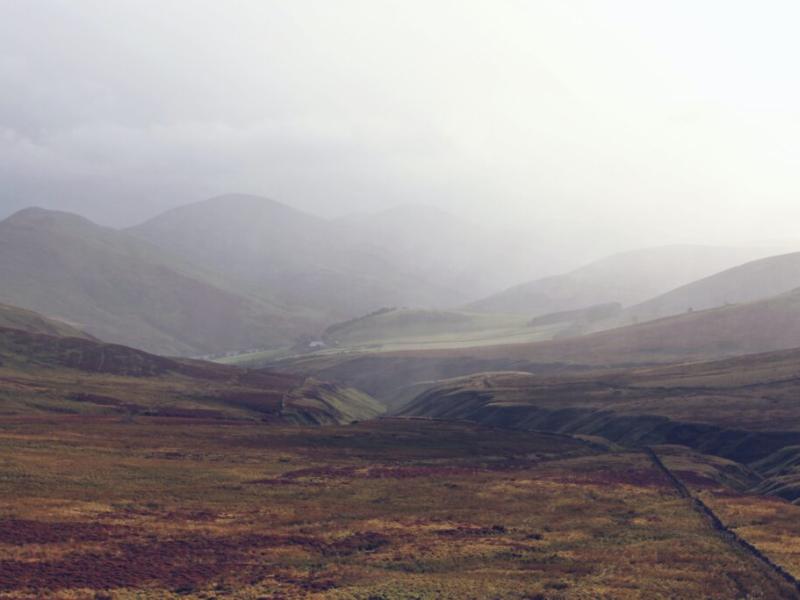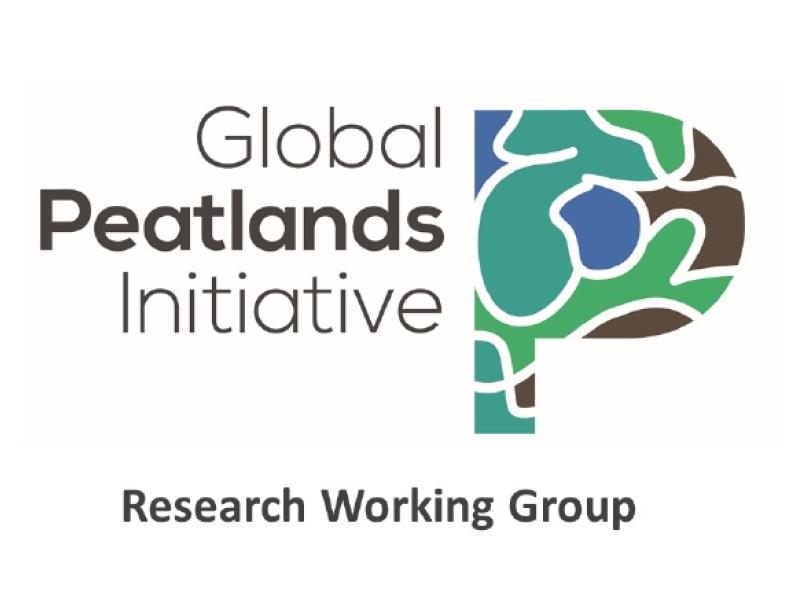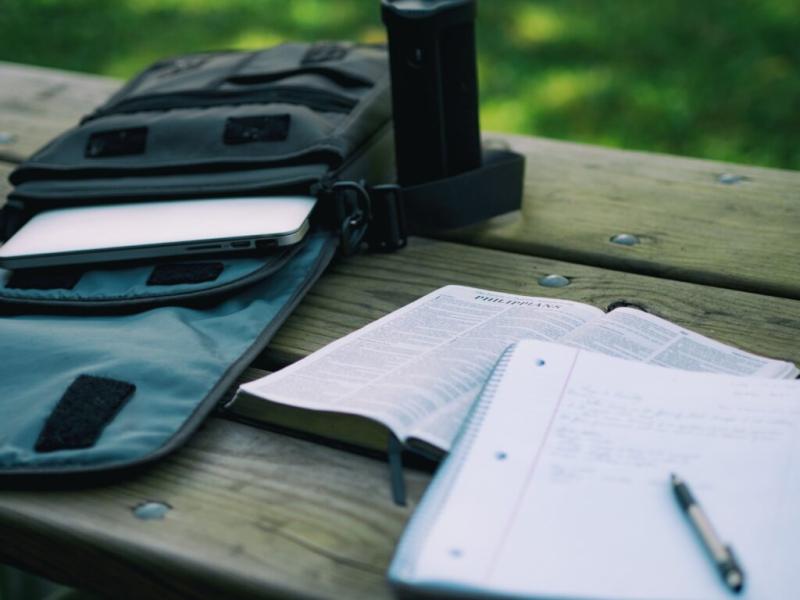
Why training peatlands researchers is fundamental to good decision-making for the climate and nature
Action is urgently needed to halt the destruction of peatlands and to restore degraded peatlands, so as to prevent and reduce greenhouse-gas emissions and protect wildlife habitats, but such action can only be taken when decision-makers have sufficient sound evidence on which to base their decisions.
Evidence is abundant, with peatlands researchers across the world working resolutely to undertake studies and document their findings, however this evidence is not always synthesized in a way that decision-makers can use or communicated well to decision-makers. The result is that timely decisions – and actions – are sometimes not taken.

Other issues that prevent robust evidence being available and usable by decision-makers include difficulties faced by researchers when conducting workshops and fieldwork, especially when carrying out research abroad, and a lack of awareness among some peatlands researchers of available funding opportunities.
Recognizing these issues, in 2019 the Global Peatlands Initiative (GPI) established the Research Working Group (RWG), which is co-led by Professor Mark Reed (Scotland’s Rural College) and Dianna Kopansky (UNEP-GPI). The RWG seeks to provide training for researchers in areas that support the production of robust and useful data for decision-making.
In 2020, the RWG launched an online training programme for peatlands researchers that not only helps to build their capacity, but also assists in fostering interdisciplinary research and in building collaboration within the global peatlands research community.
The initial training sessions covered subjects such as: how research influences policy, how to build visibility and impact online, and how best to prepare field campaigns in peatlands contexts. The sessions provided practical advice and tools for generating evidence-based impacts in peatlands, used examples from real-life situations to clarify fieldwork methods and enabled researchers to exchange ideas with others in the peatlands research community and thereby gain new insights.
This training has helped participants to rethink how they present information and has enabled them to learn how to simplify information, ensure that information in policy briefs is accessible for a broad audience (including for people who speak English as a second language) and ensure that briefs have an immediate impact.

Feedback from past sessions has been overwhelmingly positive, and participants have reported being able to put what they’ve learned to immediate use. Some participants have even integrated material from sessions into their own training programmes. For example, a participant in Tanzania used some of the training material to enhance a 5-day course for staff of government departments and ministries about how to write effective minutes and reports.
Building on the success of the previous sessions, in November 2022 the GPI, in collaboration with SRUC, the York Environmental Sustainability Institute (YESI), the Peatland Early-career researcher Action Team (PEAT) and C-PEAT, will launch a new series of free training sessions for peatlands researchers.
Previous training sessions include:
- Evidence synthesis methods (8 November 2022)
- Communicating complex research simply (14 November 2022)
- Fieldwork safety (19 January 2023)
- How to do better peer review and deal with negative feedback: perspectives from an editor, a reviewer and an author (13 February 2023)
- How to develop networks for global impact (27 March 2023)
- Facilitating workshops with local communities (featuring case studies from peatland research in the UK, Indonesia and Canada) (3 April 2023)
- Learning from experience doing peatland research in developing countries (9 May 2023)
The upcoming 2023 training sessions include:
- Post-COP27 peatland heritage (14 September 2023)

Participation in these training sessions will enable peatlands researchers to gain the skills to present their findings in engaging ways that will be memorable for decision-makers, enabling them to make decisions and policies for effective and timely action to protect, restore and sustainably manage precious peatlands worldwide.
For further information about the RWG training programme:
- Visit: https://www.globalpeatlands.org/global-peatlands-initiatives-research-working-group/
- Contact: Mark Reed (Reed@sruc.ac.uk) or Dianna Kopansky (Dianna.kopansky@un.org)